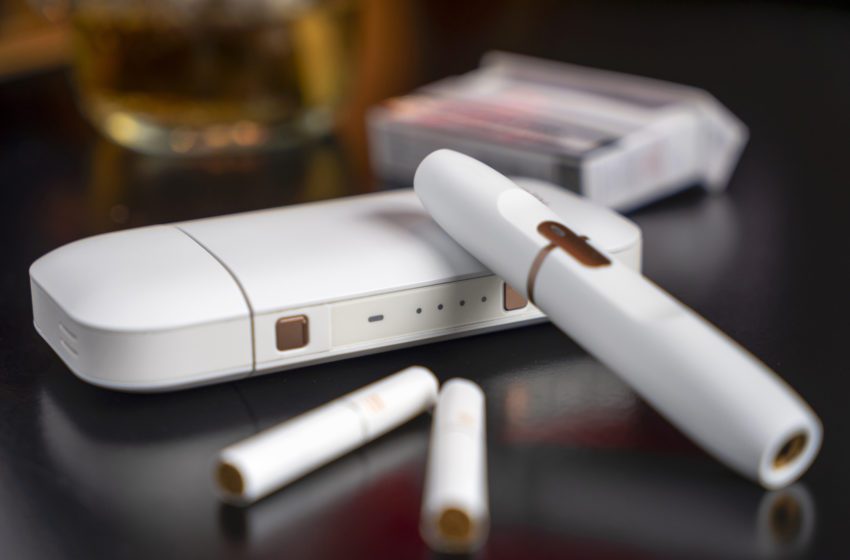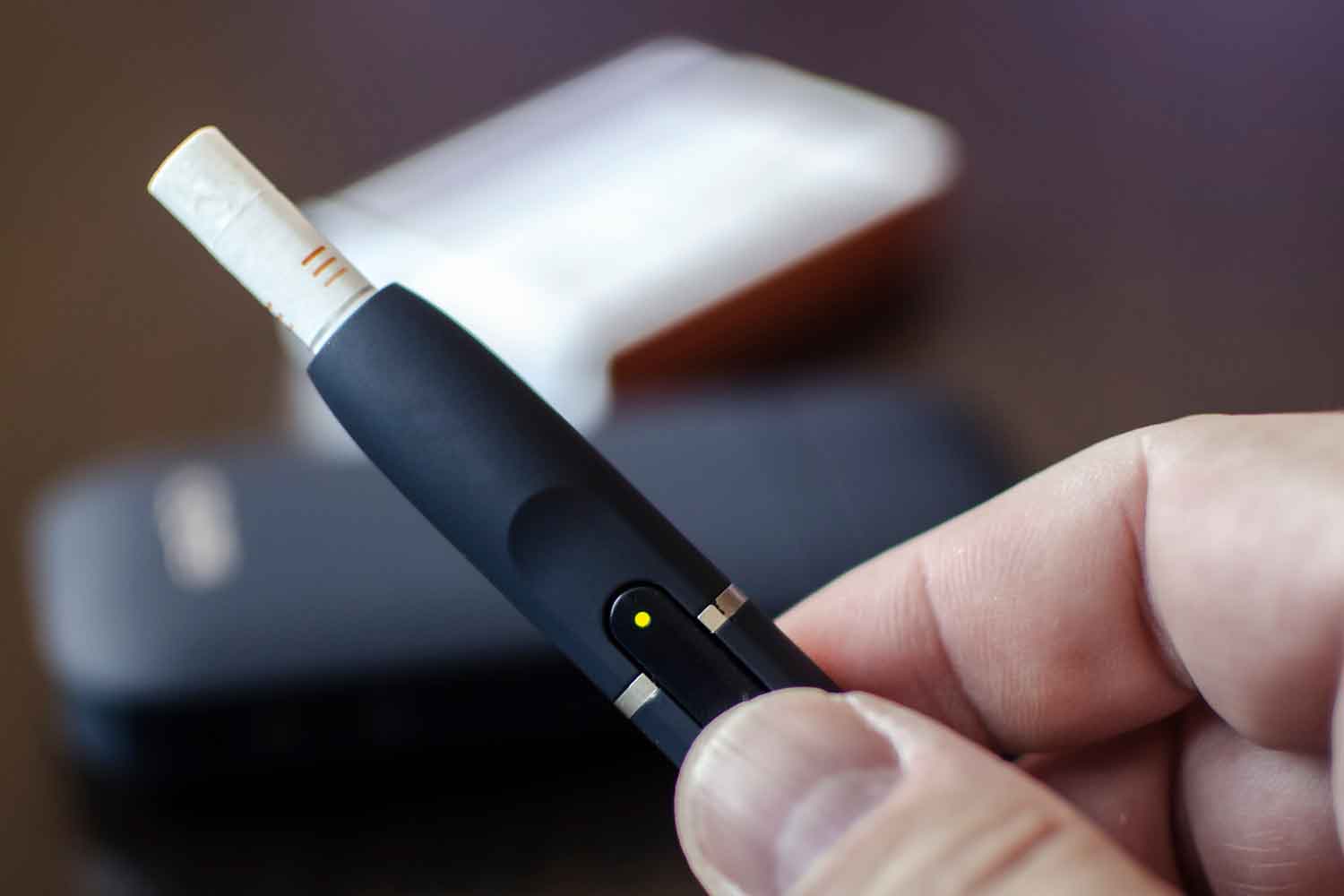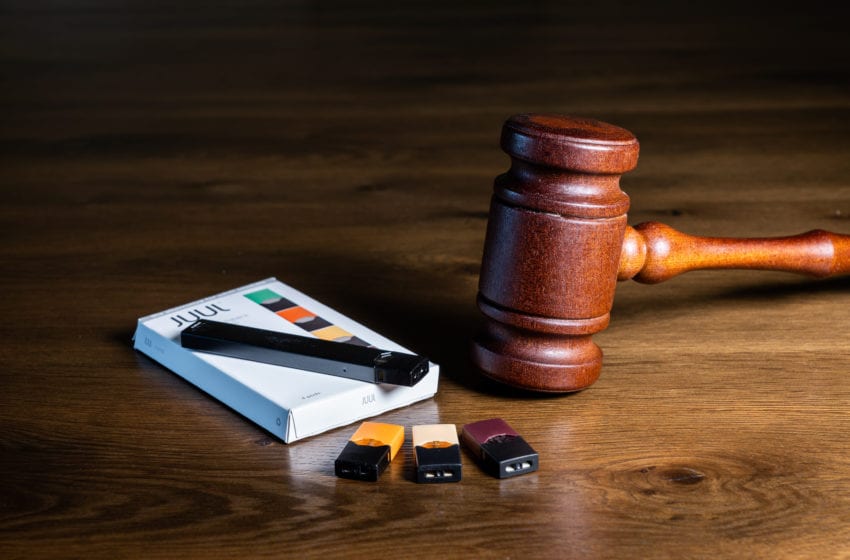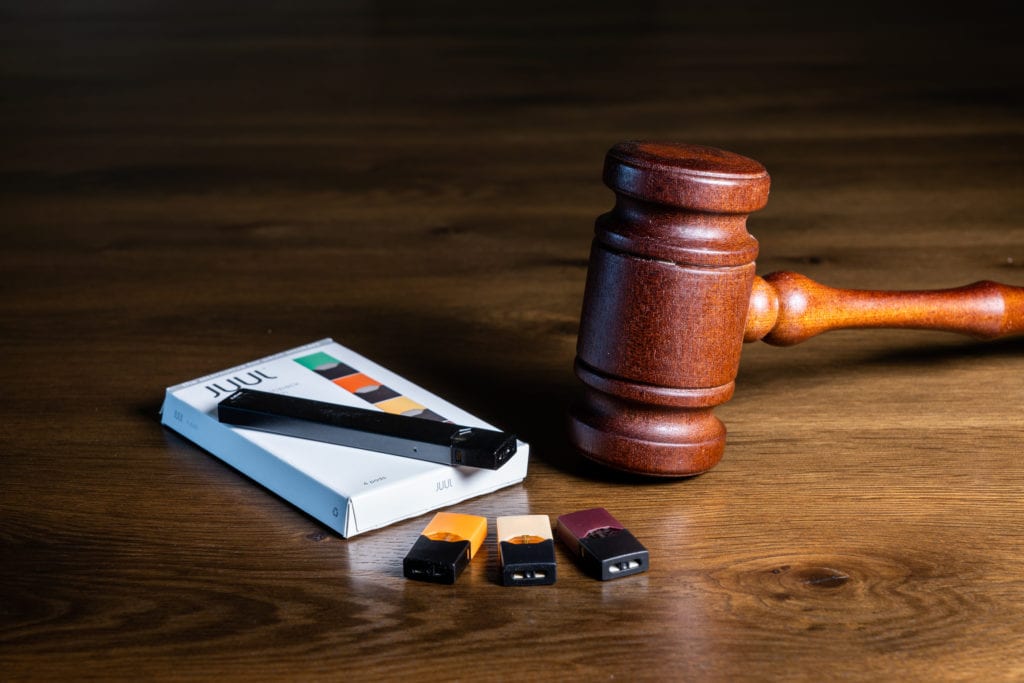
Juul Labs has published its administrative appeal of the marketing denial order (MDO) issued by the Food and Drug Administration, which explains the company’s position, based on science and evidence, that the MDO was substantively and procedurally flawed. This appeal, referred to as a 10.75 appeal, is currently under review by the FDA.
In its press release for the MDO, the FDA stated that Juul Labs’s premarket tobacco product applications (PMTAs) “lacked sufficient evidence regarding the toxicological profile of the products” and that some of the “study findings raised concerns due to insufficient and conflicting data.”
Juul Labs believes that each of the deficiencies in the MDO is based on an incorrect and incomplete assessment of the data and, when the data are appropriately evaluated within the PMTAs, the FDA can properly assess the toxicological profile of Juul products and relative to other tobacco products including combustible cigarettes. The appeal also shows that all perceived limitations could have been resolved by clarifications through the usual, iterative process that the FDA has followed for prior applications.
Through its 10.75 appeal, Juul Labs requests that the MDO be rescinded and its PMTAs be placed back into substantive review so that the FDA can complete a full and fair review to determine whether the Juul System is appropriate for the protection of public health. “We believe that once the FDA does a complete review of all of the science and evidence presented in the applications, without political interference, as required by law, we should receive marketing authorization for our products,” Juul Labs wrote in a press note.
For context: In July 2020, Juul Labs submitted PMTAs to FDA for its currently marketed products and a new device with age-verification technology. The PMTAs included over 125,000 pages of data, information, and analysis from over 110 scientific studies across nonclinical (75+ studies), clinical (14 studies), and behavioral (21 studies) research programs to support the marketing of Juul products. The company also assessed its products relative to combustible cigarettes, an FDA-authorized heated tobacco product (IQOS), and other marketed vapor products.
Despite this science and evidence, on June 23, 2022, FDA issued a MDO for Juul Labs’ PMTAs. On July 5, FDA stayed the MDO, announcing, on its own, that it would review the decision after determining “there are scientific issues unique to this application that warrant additional review.”
A summary of the Juul Lab’s responses to what the company believes are the deficiencies of the MDO is available here.



















